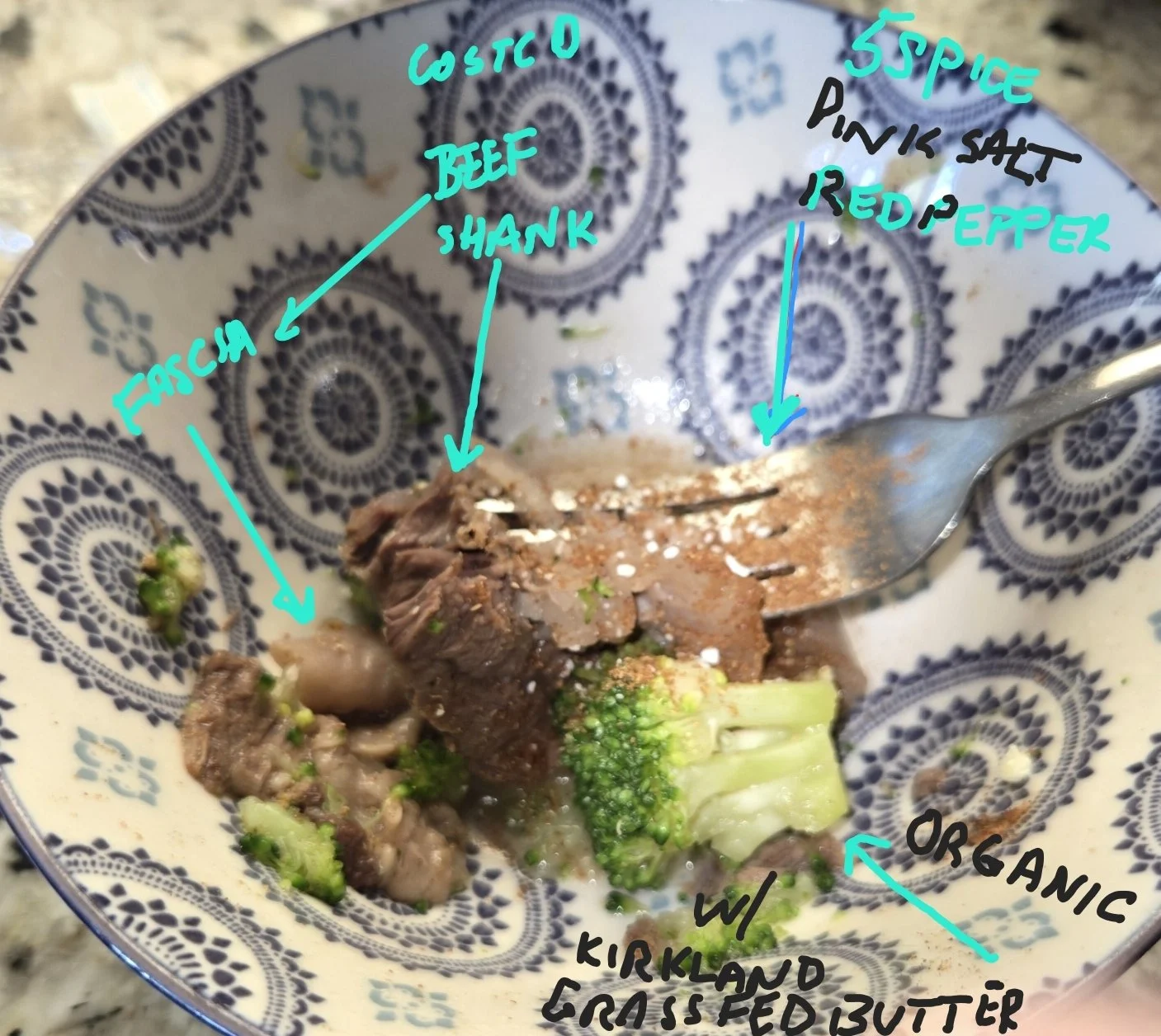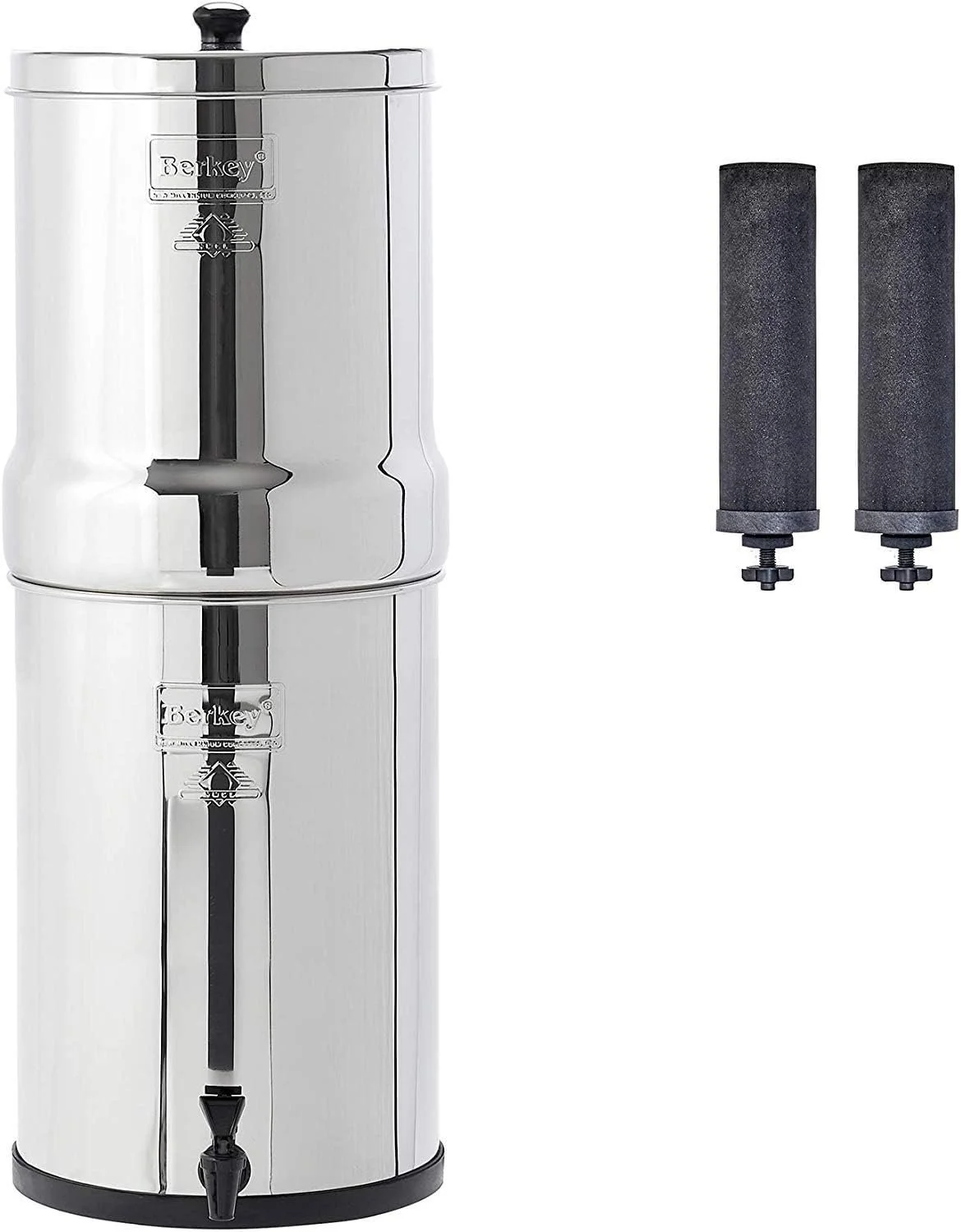Natural vs Synthetic Supplements: Hype vs Reality (Part 1)
/Natural vs Synthetic Supplements: Hype vs Reality (Part 1)
One of the most common questions I hear from patients is:
"Is this product natural?" or "Does this have any additives?" or "Is it synthetic or whole food-based?"
Let’s unpack that — and get real about the hype versus the reality.
The Supplement Industry: Marketing vs. Truth
First, remember this: a vitamin company sells vitamins. That’s their job. So, of course they’ll make claims — some of which may stretch the truth in their marketing to promote their products. It's important to look beyond buzzwords and understand what these labels really mean.
Take the idea of a true “whole food” vitamin. What would that look like?
In theory, it would be something like a carrot or beet, dried, ground up, and put into capsules or tablets without anything else added.
Sounds simple, right? But guess what? No one actually does that. To reach the levels stated on the label, all supplement manufacturers must add vitamins, minerals, excipients, or standardized nutrients — otherwise, they can’t deliver consistent therapeutic levels.
What Does "Natural" Really Mean?
“Natural” doesn’t mean better.
It doesn’t mean it’s better absorbed.
It doesn’t even mean it’s better utilized in your body.
If a vitamin is truly “natural,” then by definition, all it could be is powdered, dehydrated, or compressed material from a plant, rock, or animal, stuffed into a vegan capsule. And yes, there are companies that do that — but they don’t quantify what’s in the capsule. Nor do they tell you how much of the actual therapeutic compound you’re getting.
The Real Science: Molecular Structure
Here’s the key:
Whether a nutrient is made in a lab or extracted from a plant, if the molecular structure is identical, your body can’t tell the difference.
A synthetic and a natural vitamin with the same structure function the exact same way in the human body. There is no difference in how they’re used by your cells.
The only real difference is how they were made — not what they are.
(Of course, there are a few exceptions — like Vitamin E — where natural vs. synthetic can matter more. But these are the minority.)
Therapeutic Dosing Matters
In clinical work, what matters is dosing.
You’ll hear some say that whole food supplements “work better” because they contain all the synergistic components from the original food source. That sounds great — but so far, I haven’t seen any convincing science to support that claim.
When patients are dealing with complex conditions and are on multiple medications, whole food supplements alone don’t deliver the therapeutic punch needed. We often need pharmacological or therapeutic-level dosing to calm inflammation and stabilize the system. Later, when the patient is healthier, medication-free, and on a maintenance program — sure, we can switch to a whole food-based option if they prefer. But even then, we’re still testing to make sure it's actually working.
What Really Gets Results?
At the end of the day, it’s about results.
I don’t know of anyone using only low-dose “whole food” vitamins to successfully manage severe infections, cancer support, or other high-stakes cases like we handle regularly.
And yes — I’ll admit my bias here: I believe the nutrient levels in those products are just too low to be clinically effective in those situations.
I’m still waiting to see objective case studies (not testimonials) showing that these types of products can truly change biomarkers the way we need them to. Interestingly, I’ve had doctors who teach for “whole food” companies attend my lectures — but none of them are treating the kinds of cases I do and teach.
Great! Here's Part 1 formatted for your website or newsletter — clean, professional, and engaging for your readers:
Natural vs Synthetic Supplements: Hype vs Reality (Part 2)
In Part 1, we took a deep dive into the common questions about “natural” vs. “synthetic” supplements, and why molecular structure and therapeutic dosing matter more than marketing buzzwords.
Now, let’s explore how we choose supplements clinically, what the labels actually mean, and when (if ever) whole food products have their place.
🧪 How We Choose Supplements in Clinical Practice
We don’t pick products based on what’s trending on social media.
We choose them based on:
The patient’s diagnosis and symptoms
Their medications and interactions
Recent lab results
The therapeutic target — what are we actually trying to fix?
For serious health issues, we use high-potency, evidence-based formulas that allow us to reach clinical goals quickly and safely. These are usually standardized, lab-made nutrients designed to be consistent and reliable.
🧴 Clean Labels: What’s Actually in That Capsule?
“Additive-free.”
“No synthetics.”
“Whole food sourced.”
Sounds great, right?
But these labels can be incredibly misleading. Here's what to know:
"Whole food" products often still contain added nutrients — they just include some food base (like yeast or alfalfa) for marketing.
"Natural" doesn’t mean free of synthetic isolates — it may still include lab-made ingredients, just sourced from a plant.
"Additive-free" doesn’t always mean what you think — many products still contain flow agents, binders, or preservatives.
The key question is: Are you getting enough of what you need — in the right form — to make a difference?
🌿 Is There a Place for Whole Food Supplements?
Yes — but it’s all about timing and goals.
Once a patient is:
Med-free,
Stable,
Symptom-free,
And in a maintenance phase...
...then sure, we can incorporate gentle, food-based support. These products may offer trace nutrients, cofactors, or lifestyle appeal for those looking for the most “natural” approach.
But even then — we don’t guess.
We continue to test labs, watch inflammation markers, and track nutrient levels to be sure the product is working.
📉 What We Don’t Recommend
What we don’t recommend is relying on whole food products in place of real treatment during acute or chronic phases.
In cases involving:
Autoimmune flare-ups
Cancer support
Chronic infections
Hormone collapse
Neurological decline
— we need precision, potency, and proven action. Whole food blends just don’t deliver what’s needed at that stage.
🧬 Our Bottom Line
It’s not about “natural” vs “synthetic.”
It’s not even about which brand sounds the cleanest.
It’s about:
✅ Function — does it do what we need it to do?
✅ Safety — does it work without interfering with other meds or nutrients?
✅ Evidence — are there clinical outcomes, not just testimonials?
That’s the standard we hold — because our patients deserve real results.
👨⚕️ About the Author
Dr. Paul Kwik is a Chiropractor and Functional Health Specialist and founder of Body Intelligent Center, where science-based nutrition and personalized protocols help patients overcome complex chronic conditions. With decades of clinical experience and a deep understanding of the human body, he designs supplement strategies that work — not just in theory, but in real life.































